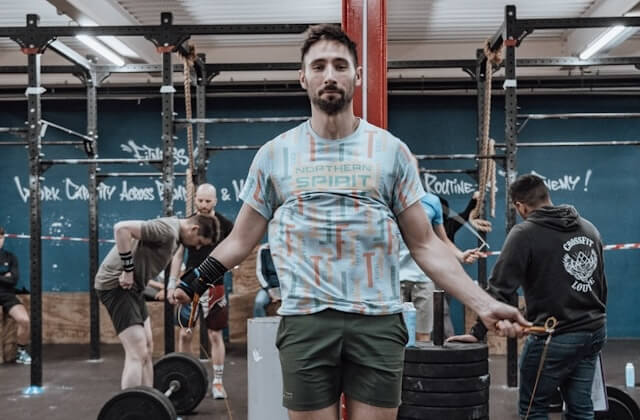
Swimming is one of the best ways to stay fit and healthy. Even
though it may seem like a simple exercise, swimming requires a lot
of physical exertion. It’s also fun and relaxing at the same time.
Read on to know more about why swimming is good for your body and
how it can lead to numerous benefits for your body.
Important Disclaimer: When starting any new program,
ensure you work within your limits. This article is provided as
a guide only. Please consult with a health
professional before undertaking any new activities.
Cardio exercise
Swimming is the perfect cardiovascular exercise. It’s a low-impact activity, which means it doesn’t put a lot of pressure on your joints. Plus, water is more resistant than air, so you can really increase the intensity of your workout. In addition to being perfect for beginners, swimming is also an ideal exercise for people who have joint pain or injuries.
Strengthening your muscles
Swimming exercises your large muscle groups, which helps to build lean muscle. It’s also a great full-body workout that can help prevent injuries and strengthen your muscles. Due to the resistance of the water, you can often work muscles that you don’t normally use while exercising. In fact, swimming is one of the best exercises you can do for your core. It’s been shown to be particularly beneficial while pregnant due to the low impact nature of the activity.
Good for your joints and ligaments
Swimming is a low-impact exercise, which can help prevent injuries and joint pain. The water supports your weight and reduces the pressure on your joints. If you have arthritis or have suffered from joint pain, swimming is a great alternative for staying fit. It’s also beneficial for people recovering from injuries. The low impact nature of swimming can help prevent the re-injury of ligaments and joints.
Burns calories and fat
Swimming is an excellent form of cardio that burns a high amount of calories. The average person can burn about 500 calories in about 30 minutes of swimming. The low impact nature of swimming allows you to really increase intensity and therefore burn even more calories. In fact, you can burn more calories from swimming than from other forms of exercise with higher impact and resistance. Swimming can also help you lose more fat than water weight because it raises your metabolic rate.
Improves flexibility
Swimming is excellent for improving flexibility, especially in your joints. It’s a low-impact exercise that allows you to gain flexibility and build strength at the same time. This can be especially helpful for people who have problems with their joints or who want to prevent injury. In addition to helping you gain more flexibility, swimming is also a great exercise for increasing your endurance.
Mental health benefits
Swimming is a good low-impact exercise for people with mental health issues. It doesn’t put a lot of pressure on the mind and can be a great choice for people with anxiety and depression. When you’re in the water, you don’t have to think about your problems. The water can be a quiet, relaxing place that allows you to forget about your mental issues. In fact, some psychologists believe that swimming can be helpful for treating Post Traumatic Stress Disorder (PTSD).
Bottom line - Why swimming is good for your body
Swimming is a great form of exercise that helps you stay fit and healthy. It’s low-impact, can help prevent injuries, and has mental health benefits. In addition to all of these benefits, swimming is also a great way to burn calories and build lean muscle. If you’re looking for a way to boost your health and fitness, consider going to the pool. You can do it alone and have the option to do other exercises like water aerobics, aqua jogging, or swimming laps. If you’re not a swimmer, don’t worry - this article has something for everyone! So, why not get in the pool and give swimming a try?






